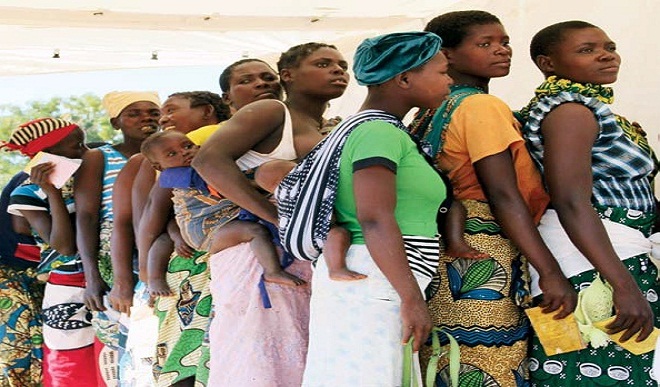The number of women of reproductive age using family planning methods to manage their lives has topped 6.43 million, according to latest data released before civil society organisations at the ongoing Family Planning 2020 summit in Abuja.
Track20, a group analysing family planning data across the world, estimates the increased access to family planning has helped prevent 1.49 million unintended pregnancies and averted some 477,000 unsafe abortions–all conditions that endanger women in having pregnancies they are unprepared for.
Nigeria, which joined the FP2020 group in 2012, commits to ensuring at least 36 in 100 women who need family planning get it by 2020.
Last year, the country’s contraceptive prevalence rate stood at 19.4%, and is projected to reach 19.8% next year if nothing changes, according to Adenike Jagun, lead for the Track20 evaluation team in Nigeria.
“We need to grow at 3.4% annually to reach that target, not the current 0.6%,” Jagun said.
Last year, use of modern methods of contraception was 14.7% and is projected to reach 15.4% next year, but the target for Nigeria is 25% by 2020.
“The progress is advancing but not yet at a pace to reach that goal,” said Jason Bremner, of FP2020.
The data showed a mix of contraception methods more common among married women but it doesn’t help analysts understand why use of intrauterine devices is particularly falling.
Nigeria is among the first countries to make FP2020 commitments to increase annual allocation for contraceptives to $4 million, up from $3 in 2012, to expand family planning services.
“Before, family planning was completely supported by donors. It was a quantum leap from zero to $3 million,” said Ejike Oji, focal point for CSOs for FP2020 and a board chair for the Association for the Advancement of Family Planning.
“We made a commitment but have we made sure the money is released? And it isn’t just where’s the money but how’s it used?”























